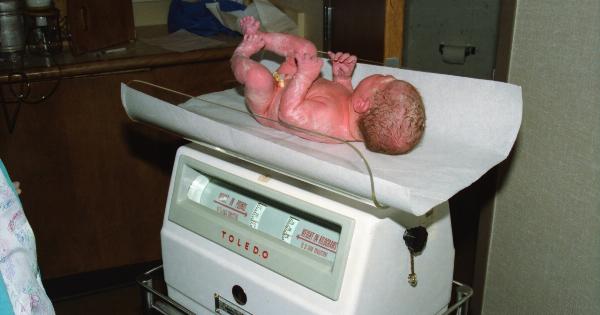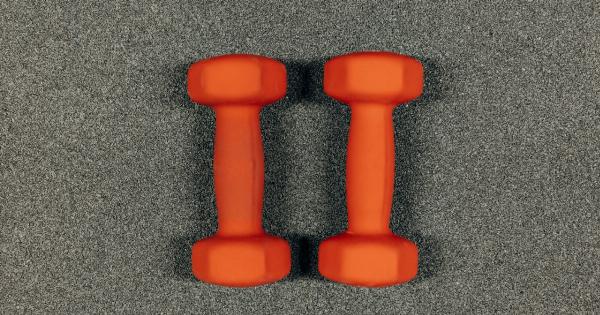After giving birth, many women find themselves struggling with the process of losing the baby weight. While some are able to shed the pounds effortlessly, others face numerous difficulties in their weight loss journey.
This article explores the various challenges that women may encounter when trying to lose baby weight and offers insights on how to overcome these obstacles.
Lack of Time
One of the most common difficulties faced by new moms is the lack of time. Taking care of a newborn demands a significant amount of attention and leaves little room for personal self-care, including exercise and meal preparation.
The constant demands of motherhood can make it challenging for women to find the time and energy to prioritize their own health and well-being.
Physical Recovery
Pregnancy and childbirth take a toll on a woman’s body. The recovery process post-pregnancy involves healing from any complications or surgical procedures, such as cesarean sections.
Engaging in physical activities or intense workouts may not be feasible during this period. The physical recovery time required may vary from woman to woman, making it difficult to get back into a regular exercise routine.
Hormonal Changes
Fluctuations in hormones, particularly estrogen and progesterone, can affect a woman’s metabolism and energy levels, making it more difficult to lose weight.
These hormonal changes can result in increased hunger, cravings, and water retention, making it challenging to stick to a healthy eating plan.
Mental and Emotional Health
The postpartum period is also associated with mental and emotional challenges, such as postpartum depression and anxiety. Women who are struggling with their mental health may find it difficult to prioritize weight loss or engage in self-care practices.
Emotional eating, as a coping mechanism, can further hinder weight loss efforts.
Breastfeeding Challenges
Breastfeeding is known to have numerous benefits for both the mother and child. However, some women find that it affects their ability to lose weight. While breastfeeding burns calories, it can also increase appetite, leading to higher food intake.
The body also retains some fat stores during this period to support milk production. Balancing the nutritional needs of the baby with weight loss goals can be a delicate task.
Physical Limitations
Some women may face physical limitations that make exercising or engaging in certain activities difficult. For instance, abdominal muscle separation, also known as diastasis recti, is common in postpartum women.
This condition can affect the core strength and stability, making certain exercises uncomfortable or unsafe. Additionally, pelvic floor issues can hamper the ability to engage in high-impact activities.
Sleep Deprivation
Newborns require frequent feeding and care, often leading to disrupted sleep patterns for new moms. Sleep deprivation can negatively impact weight loss efforts by increasing cravings for sugary and fatty foods.
It can also make engaging in physical activities more challenging, as fatigue sets in.
Social Pressure and Media Influences
Women often experience social pressure, whether from society or the media, to quickly bounce back to their pre-pregnancy shape.
The constant bombardment of images showcasing celebrities who seemingly shed their baby weight effortlessly can create unrealistic expectations. Comparisons and feelings of inadequacy can hinder progress and negatively impact mental well-being.
Inadequate Support System
Having a strong support system is crucial for a woman’s overall well-being, including weight loss. Lack of support from partners, family members, or friends can make it more difficult to find the motivation and time to focus on weight loss.
Without understanding and support, women may feel discouraged and unable to overcome the challenges they face.
Slow Metabolism
Many women find that their metabolism slows down after pregnancy, making it harder to lose weight. The body’s energy requirements may decrease due to hormonal changes and the physical demands of motherhood.
This can make weight loss a slow and frustrating process, requiring more patience and persistence.
Conclusion
Losing baby weight can be a challenging journey for many women. From time constraints and physical limitations to hormonal changes and societal pressures, numerous obstacles can impede progress.
However, recognizing and understanding these difficulties is the first step towards overcoming them. With patience, self-compassion, and the right support system, women can navigate the various challenges and achieve their weight loss goals while prioritizing their overall well-being.



















